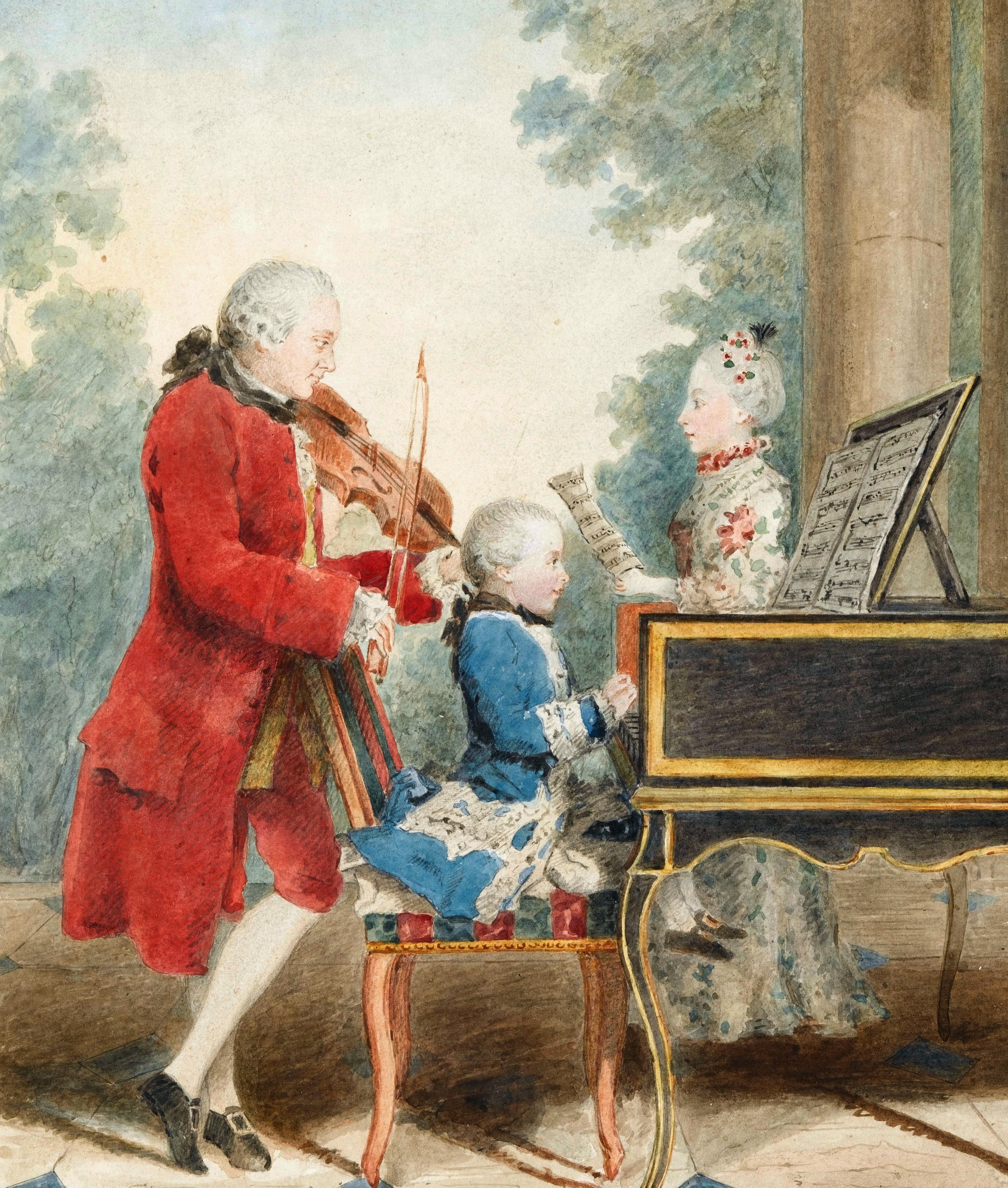|
Classical Period (other)
Classical period may refer to: *Classical Greece, specifically of the 5th and 4th centuries BCE *Classical antiquity, in the Greco-Roman world *Classical India, a historic period of India (c. 322 BCE - c. 550 CE) *Classical period (music), in music *Classic stage In archaeological cultures of North America, the classic stage is the theoretical North and Meso-American societies that existed between AD 500 and 1200. This stage is the fourth of five stages posited by Gordon Willey and Philip Phillips' 1958 ..., of American archaeology {{disambiguation ja:古典期 ... [...More Info...] [...Related Items...] OR: [Wikipedia] [Google] [Baidu] |
Classical Greece
Classical Greece was a period of around 200 years (the 5th and 4th centuries BC) in Ancient Greece,The "Classical Age" is "the modern designation of the period from about 500 B.C. to the death of Alexander the Great in 323 B.C." ( Thomas R. Martin, ''Ancient Greece'', Yale University Press, 1996, p. 94). marked by much of the eastern Aegean and northern regions of Greek culture (such as Ionia and Macedonia) gaining increased autonomy from the Persian Empire; the peak flourishing of democratic Athens; the First and Second Peloponnesian Wars; the Spartan and then Theban hegemonies; and the expansion of Macedonia under Philip II. Much of the early defining politics, artistic thought (architecture, sculpture), scientific thought, theatre, literature and philosophy of Western civilization derives from this period of Greek history, which had a powerful influence on the later Roman Empire. The Classical era ended after Philip II's unification of most of the Greek world against th ... [...More Info...] [...Related Items...] OR: [Wikipedia] [Google] [Baidu] |
Classical Antiquity
Classical antiquity (also the classical era, classical period or classical age) is the period of cultural history between the 8th century BC and the 5th century AD centred on the Mediterranean Sea, comprising the interlocking civilizations of ancient Greece and ancient Rome known as the Greco-Roman world. It is the period in which both Greek and Roman societies flourished and wielded huge influence throughout much of Europe, North Africa, and Western Asia. Conventionally, it is taken to begin with the earliest-recorded Epic Greek poetry of Homer (8th–7th-century BC), and continues through the emergence of Christianity (1st century AD) and the fall of the Western Roman Empire (5th-century AD). It ends with the decline of classical culture during late antiquity (250–750), a period overlapping with the Early Middle Ages (600–1000). Such a wide span of history and territory covers many disparate cultures and periods. ''Classical antiquity'' may also refer to an idealized v ... [...More Info...] [...Related Items...] OR: [Wikipedia] [Google] [Baidu] |
Classical India
The middle kingdoms of India were the political entities in the Indian subcontinent from 200 BCE to 1200 CE. The period begins after the decline of the Maurya Empire and the corresponding rise of the Satavahana dynasty, starting with Simuka, from 230 BCE. The "middle" period lasted for about 1,500 years and ended in 1200 CE, with the rise of the Delhi Sultanate, founded in 1206, and the end of the Later Cholas (Rajendra Chola III, who died in 1279 CE). This period encompasses two eras: Classical India, from the Maurya Empire up until the end of the Gupta Empire in 500 CE, and early Medieval India from 500 CE onwards. It also encompasses the era of classical Hinduism, which is dated from 200 BCE to 1100 CE. From 1 CE until 1000 CE, India's economy is estimated to have been the largest in the world, having between one-third and one-quarter of the world's wealth. It is followed by the late Medieval period in the 13th century. The Northwest During the 2nd century BCE, the M ... [...More Info...] [...Related Items...] OR: [Wikipedia] [Google] [Baidu] |
Classical Period (music)
The Classical period was an era of classical music between roughly 1750 and 1820. The Classical period falls between the Baroque and the Romantic periods. Classical music has a lighter, clearer texture than Baroque music, but a more sophisticated use of form. It is mainly homophonic, using a clear melody line over a subordinate chordal accompaniment, Blume, Friedrich. ''Classic and Romantic Music: A Comprehensive Survey''. New York: W. W. Norton, 1970 but counterpoint was by no means forgotten, especially in liturgical vocal music and, later in the period, secular instrumental music. It also makes use of ''style galant'' which emphasized light elegance in place of the Baroque's dignified seriousness and impressive grandeur. Variety and contrast within a piece became more pronounced than before and the orchestra increased in size, range, and power. The harpsichord was replaced as the main keyboard instrument by the piano (or fortepiano). Unlike the harpsichord, which plucks str ... [...More Info...] [...Related Items...] OR: [Wikipedia] [Google] [Baidu] |
Classic Stage
In archaeological cultures of North America, the classic stage is the theoretical North and Meso-American societies that existed between AD 500 and 1200. This stage is the fourth of five stages posited by Gordon Willey and Philip Phillips' 1958 book ''Method and Theory in American Archaeology''. Cultures of the Classic Stage are supposed to possess craft specialization and the beginnings of metallurgy. Social organization is supposed to involve the beginnings of urbanism and large ceremonial centers. Ideologically, Classic cultures should have a developed theocracy. The "Classic Stage" was initially defined as restricted to the complex societies of Mesoamerica and Peru. However, the time period includes other advanced cultures, such as Hopewell, Teotihuacan, and the early Maya. The "Classic Stage" followed the Formative stage (Pre-Classic) and was superseded by the Post-Classic stage. There are alternative classification systems, and this ranking would overlap what others cl ... [...More Info...] [...Related Items...] OR: [Wikipedia] [Google] [Baidu] |


